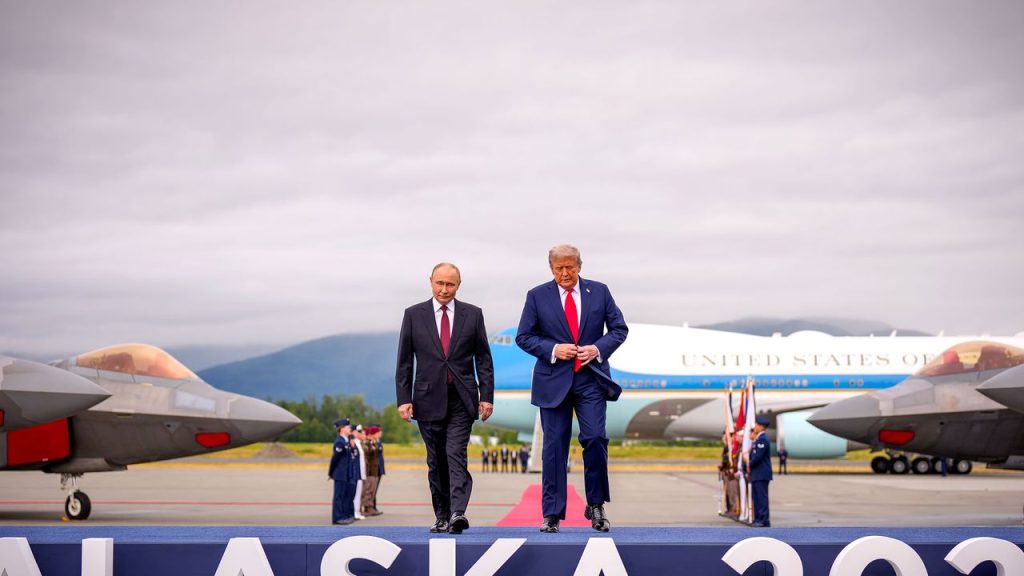As I write this, the FBI is raiding the home and office of John Bolton in what would seem to be a follow-through on President Donald Trump’s campaign pledge for retribution. In another era, this might be a whole week’s news cycle, but in 2025 we know that there will be some other onslaught tomorrow—maybe even later today. Seven months into his second administration, Trump has not yet fulfilled other promises—including to “make America affordable again” or turn the United States into a manufacturing superpower, but he has sought to deliver karmic justice to those he considers his tormentors. Besides Bolton, the administration has opened investigations into Miles Taylor, Letitia James, Adam Schiff, and Barack Obama, all while amping up the police state in policy and pomp from sea to shining sea. [Editor’s note: As of publication, and using the justification of the killing of Charlie Kirk, the administration has broadly vowed to investigate progressive groups. “We will do it in Charlie’s name,” Stephen Miller said. Read here Contributing Editor Ta-Nehisi Coates’ column on the revisionist response to Kirk’s death.] Call it muzzle velocity or shock and awe, or perhaps call it show business. There are lights, cameras, and action; there is even stage makeup. Trump is, among other qualities, a very effective drama queen.
Photographed at Jefferson Market Garden in New York City.Photograph by Mark Seliger; Sittings Editor: Daniel Edley.
Certainly, Chess director Michael Mayer took into consideration the drama of current Russo-American relations when he decided to restage the cult-classic musical. Set to a score by ABBA, Chess pitches a Bobby Fischer–inspired character against a Russian grand master at the height of the Cold War and will this month return to Broadway with a new book for the first time since its notorious New York opening in 1988. Intensifying everything that happens onstage is the real-world context of ongoing Ukrainian peace deal negotiations: a precedent-exploding summit in Alaska with Vladimir Putin, quickly followed by a redux of the Oval Office beratement of Volodymyr Zelenskyy, who was this time phalanxed by more than a half dozen world leaders (and a suit). Let’s not look to ABBA to forecast where things are headed for the Donbas, but “the fear and emotion and unpredictability,” as Chess writer Danny Strong says of the Cold War, all resonate.
Jeremy O. Harris.Photograph by Tyler Mitchell.
When I arrived at Vanity Fair, staff writer Chris Murphy was underway reporting another tale from the theater world, this month’s profile of multihyphenate iconoclast Jeremy O. Harris. I first met Harris in November 2018 when I attended Slave Play, still off Broadway but already a cause célèbre. By curtain call, I decided to meet him. Who had these twisted ideas? (All of us, he might say.) I tracked him down in the lobby of the Bowery Hotel, where we sat for hours that night, and he’s been a friend ever since. “Jeremy has this gift of venturing into the shadows on our behalf,” actor Kaia Gerber told Chris. “He says the things out loud that most of us are too ashamed to even think.” Harris has a wave of new projects unfurling, including another run of Prince Faggot, a Harris-produced play that upholds his preternatural tendency for controversy. In Slave Play, the second act delivers. I hope for the sake of culture that Harris’s own next act is just as strong.
Neither Trump nor Harris would appreciate this comparison, but they both know the power of provocation. Governor Gavin Newsom too. Other Democrats, take note.



